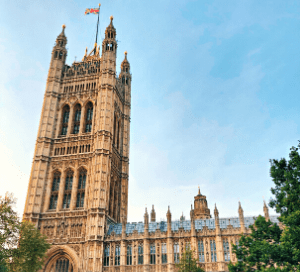Misrepresentation and the 11 facts you need to know
Misrepresentation and the 11 facts you need to know When someone is induced to enter into a contract because of a false statement made to them by the other party to the contract and they subsequently suffer a loss because of their reliance on that false statement, they are a victim of misrepresentation. A











